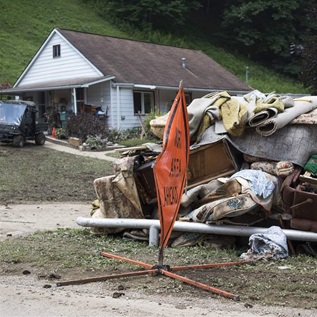Engaging Families in Pre-K Education
Family members are a child's first and most important teachers. A new report from Pre-K Now identifies policies that can enhance family engagement in state pre-kindergarten and highlights examples from states that are leading the way.
As policy makers across the country seek cost-effective strategies to improve pre-k quality and close achievement gaps, they should look to family engagement as a core component of those efforts. By involving parents, grandparents and other caregivers, pre-k programs can build essential relationships that enhance children's learning at home and at school, promote supportive, effective parenting and build a lifelong partnership between families and the education system.
Meaningful family engagement that maximizes these effects is a vital element of the quality of any pre-k program. Key strategies include:
- parent-teacher conferences,
- home visits,
- parenting and child-development training for family members, and
- connection to other family support services available in the community.
The report, written by Deborah Roderick Stark, also addresses how family engagement programs must ensure efforts to respect the linguistic and cultural diversity of the populations they serve.






